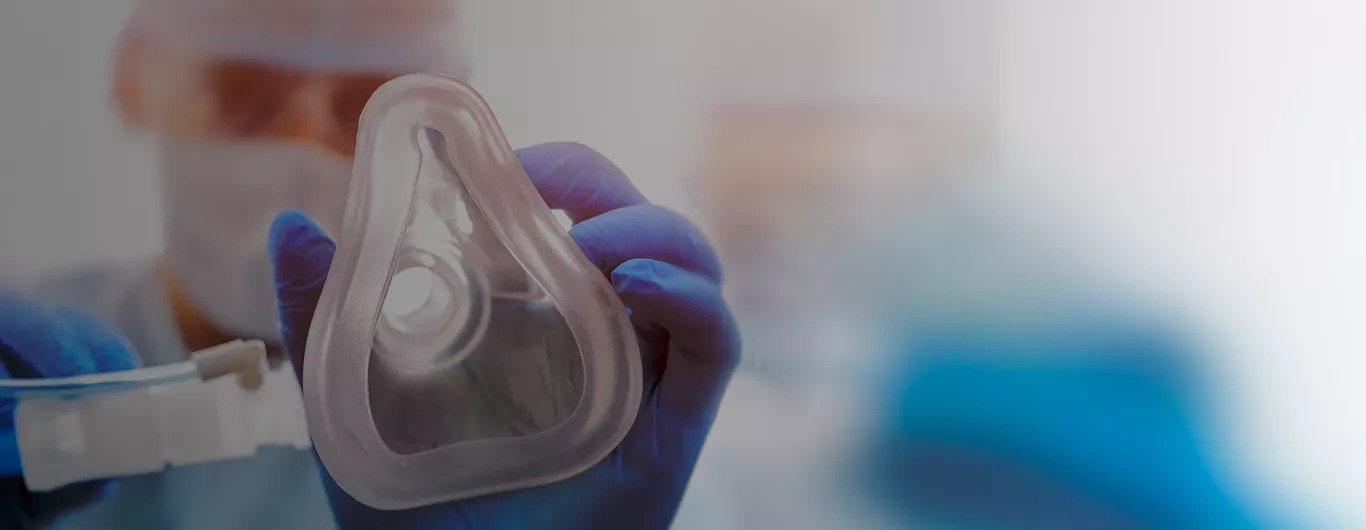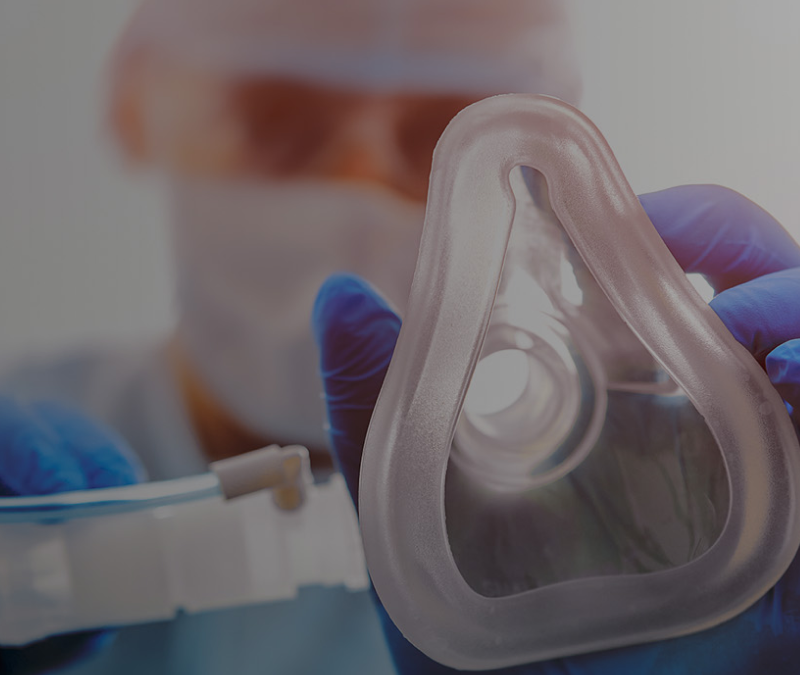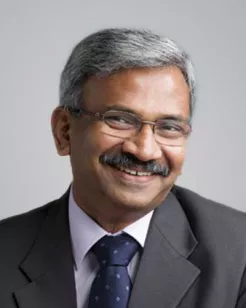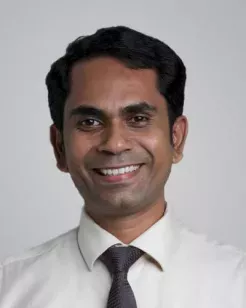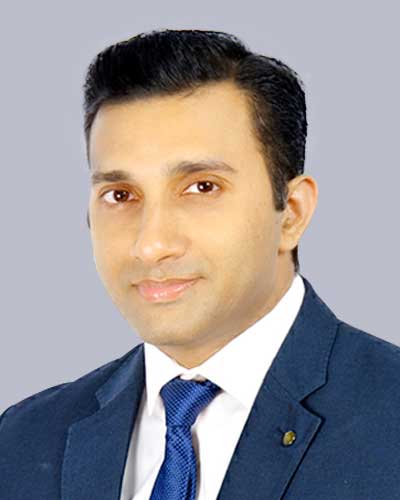An integral support function for all Specialities, the Department of Anaesthesiology and Critical Care provides inter-disciplinary medical care based on applications of Anaesthesia in surgery, Diagnostics, Critical Care and Pain management, with an optimal, evidence-based approach.
From providing patient-centred perioperative clinical services in Surgery to induction of Anaesthesia for diagnostic and radiation procedures to rendering quality care to the critically ill and assisting in chronic pain management, the ALS/BLS trained team of Anaesthesiologists, with the help of high-tech clinical support, extends expert services to all specialities at all times, efficiently.
Advanced Technology & Facilities
Well equipped with the latest medical equipment, modern technology & infrastructure, Aster Hospital is one of the best hospitals in India.
FAQs
Want to find out more about the treatment? The answer to your questions can be found below.
What question should you ask an anesthesiologist?
When you consult an anesthesiologist before a surgical procedure, you can ask them about the type of anesthesia they will perform. Also, if you have any questions regarding the procedure, you must not hesitate to ask them.
